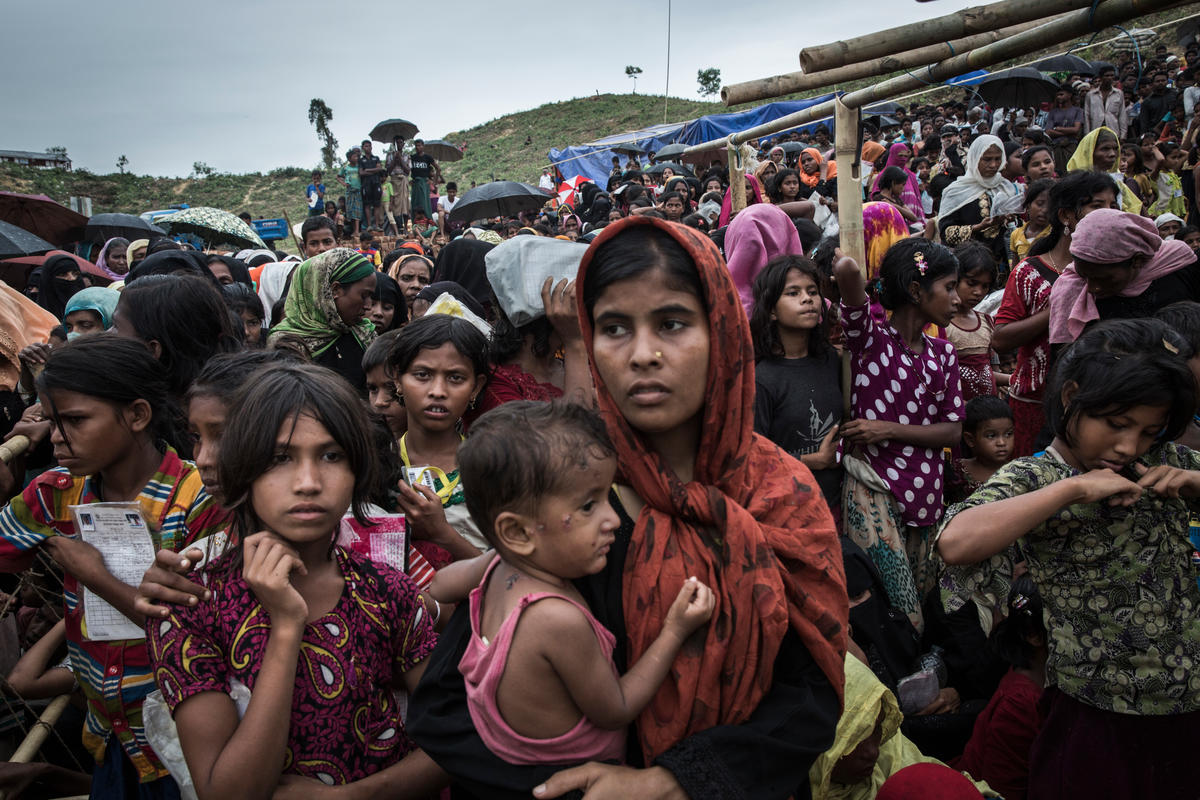Introduction on Identity, Ethnicity and Nationhood
Identity, ethnicity and nationhood are central themes in sociology, particularly in the study of regional societies. These concepts shape social cohesion, political movements, and cultural expressions, influencing how individuals and groups perceive themselves and others. Regional sociology examines how local identities interact with broader national and global structures, often revealing tensions between ethnic belonging and state-imposed citizenship.
This article explores the sociological dimensions of identity, ethnicity and nationhood within regional contexts. It discusses theoretical perspectives, the role of ethnicity in shaping collective identity, the construction of nationhood, and the challenges posed by globalization and multiculturalism.

Theoretical Perspectives on Identity and Ethnicity
1. Primordialism vs. Constructivism
Sociological debates on ethnicity and identity often revolve around primordialist and constructivist perspectives.
- According to primordialism, ethnic identities are innate and stem from cultural traditions, language, and biological connection. Scholars like Clifford Geertz suggest that ethnic ties are “given” and deeply emotional, forming the basis of social solidarity.
- Constructivism, championed by theorists like Benedict Anderson and Eric Hobsbawm, views ethnicity and nationhood as socially constructed. According to Anderson, “imagined communities” are contemporary constructs that are maintained by common symbols, media, and governmental structures.
2. Instrumentalism
Another perspective, instrumentalism, sees ethnicity as a tool used by elites to mobilize groups for political or economic gain. This approach highlights how ethnic identities are manipulated in conflicts, electoral politics, and resource competition.
Ethnicity and Regional Identity
Ethnicity plays a crucial role in shaping regional identities, often leading to both unity and division.
1. Ethnicity as a Source of Belonging
In many regions, ethnic identity provides a sense of continuity and cultural heritage. For example:
- The Basque people in Spain and France maintain a distinct linguistic and cultural identity despite state assimilation efforts.
- The Quebecois in Canada emphasize their Francophone heritage to differentiate themselves from Anglophone Canada.
2. Ethnic Conflict and Regionalism
However, ethnic identity can also fuel separatist movements and conflicts:
- The Rohingya crisis in Myanmar illustrates how state denial of ethnic recognition leads to persecution.
- Political instability in Nigeria has been exacerbated by ethnic divides between the Hausa, Yoruba, and Igbo communities.
Regional sociology examines how ethnic identities interact with state policies, economic disparities, and historical grievances to produce either integration or fragmentation.

Nationhood and the Role of the State
Nationhood refers to the collective identity of a people, often institutionalized by the state. Nationhood and regional identities have a complicated relationship.
1. The Nation-State and Homogenization
Modern nation-states often promote a singular national identity, marginalizing regional and ethnic differences. Examples include:
- France’s strict secularism (laïcité) and language policies suppressing regional languages like Breton and Occitan.
- Turkey’s historical suppression of Kurdish identity under Kemalist nationalism.
2. Sub-State Nationalism
In response, many regions develop sub-state nationalist movements:
- Catalonia and Scotland have strong independence movements rooted in distinct cultural and political identities.
- Kurdish regions in Iraq, Syria, and Turkey advocate for autonomy or independence based on ethnic nationhood.
These movements challenge the traditional Westphalian model of the nation-state, advocating for multinational states or decentralized governance.

Globalization and the Transformation of Identity
Globalization has reshaped identity formation, creating both opportunities and challenges for regional sociology.
1. Hybrid Identities
Migration and digital connectivity foster hybrid identities, where individuals blend ethnic, national, and global influences. The diaspora experience (e.g., Indian-Americans, Afro-Caribbeans in the UK) demonstrates how identities evolve across borders.
2. Cosmopolitanism vs. Localism
While some embrace cosmopolitan identities, others retreat into localism or ethnic exclusivism. Right-wing populist movements in Europe and the U.S. often exploit fears of cultural erosion, promoting nativist ideologies.
3. Indigenous Movements and Global Recognition
Global networks empower marginalized groups to assert their identities:
- The Māori in New Zealand gained legal recognition through the Treaty of Waitangi.
- The Sami people in Scandinavia advocate for land rights and cultural preservation via international forums.
Challenges and Future Directions of Identity, Ethnicity and Nationhood
1. Managing Diversity in Multicultural Societies
Nations face dilemmas in balancing unity and diversity. Policies like multiculturalism (Canada, Australia) and interculturalism (EU) attempt to integrate ethnic differences without assimilation.
2. The Rise of Ethnonationalism
Recent years have seen a resurgence of ethnonationalism (e.g., Hungary’s Fidesz, India’s Hindutva), challenging pluralist models. Regional sociology must analyze how such movements exploit ethnic sentiments for political gains.
3. Decolonizing Sociology
Postcolonial scholars argue that mainstream sociology often marginalizes non-Western perspectives. Decolonizing regional sociology involves centering indigenous knowledge and challenging Eurocentric notions of nationhood.
Conclusion on Identity, Ethnicity and Nationhood
Identity, ethnicity, and nationhood remain pivotal in regional sociology, shaping social cohesion, conflict, and political movements. While globalization fosters fluid and hybrid identities, regional and ethnic attachments persist, sometimes clashing with state-imposed nationalism. The future of regional sociology lies in understanding these dynamics, advocating for inclusive policies, and decolonizing theoretical frameworks to better reflect diverse realities.
By examining these intersections, sociologists can contribute to more equitable and peaceful societies where multiple identities coexist without hierarchy or oppression.
Do you like this this Article ? You Can follow as on :-
Facebook – https://www.facebook.com/hubsociology
Whatsapp Channel – https://whatsapp.com/channel/0029Vb6D8vGKWEKpJpu5QP0O
Gmail – hubsociology@gmail.com
Topic Related Questions on Identity, Ethnicity and Nationhood
5-Mark Questions on Identity, Ethnicity and Nationhood (Short Answer)
- Define ethnicity and explain its role in shaping regional identity.
- Differentiate between primordialism and constructivism in the study of ethnicity.
- What is sub-state nationalism? Provide one example.
- How does globalization influence ethnic identity formation?
- Briefly explain Benedict Anderson’s concept of “imagined communities.”
10-Mark Questions on Identity, Ethnicity and Nationhood (Detailed Answer)
- Discuss the relationship between ethnicity and nationhood with reference to any two sociological theories.
- Examine the role of the state in constructing national identity. Provide examples.
- Analyze how regional identities challenge the concept of a homogenous nation-state.
- Explain the impact of globalization on ethnic and national identities, with examples.
- Compare instrumentalism and primordialism in understanding ethnic conflicts.
15-Mark Questions on Identity, Ethnicity and Nationhood (Essay-Type/Long Answer)
- Critically analyze the sociological perspectives on ethnicity (primordialism, constructivism, instrumentalism) and their relevance in contemporary societies.
- Discuss the factors contributing to ethnonationalist movements in different regions. How do they impact nation-states?
- Examine the challenges of multiculturalism in managing ethnic diversity within modern nation-states.
- How do indigenous movements redefine nationhood and identity in the context of globalization?
- “Nationhood is a socially constructed phenomenon.” Evaluate this statement with reference to regional sociology.

1 thought on “Identity, Ethnicity and Nationhood in Regional Sociology: A Sociological Perspective”